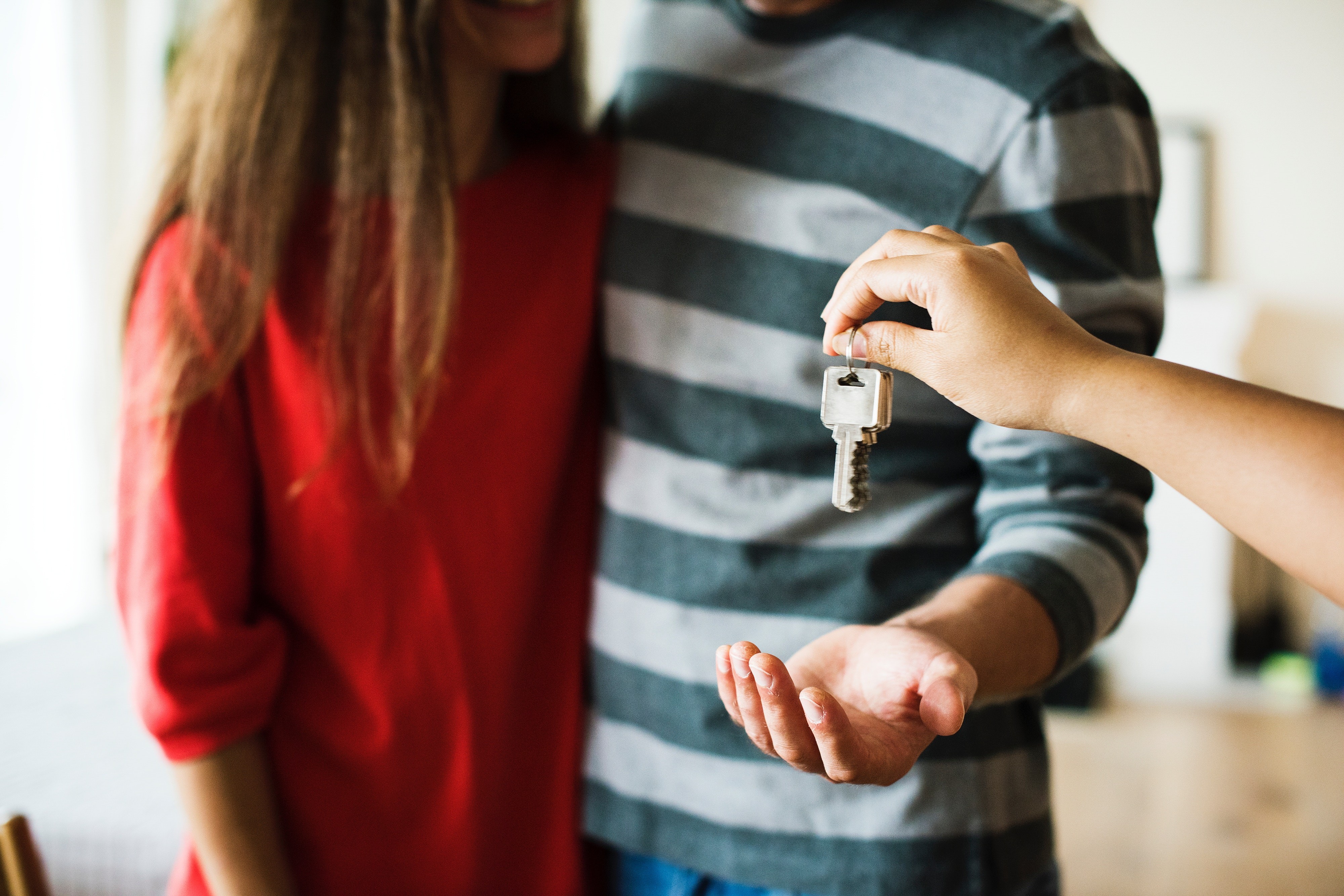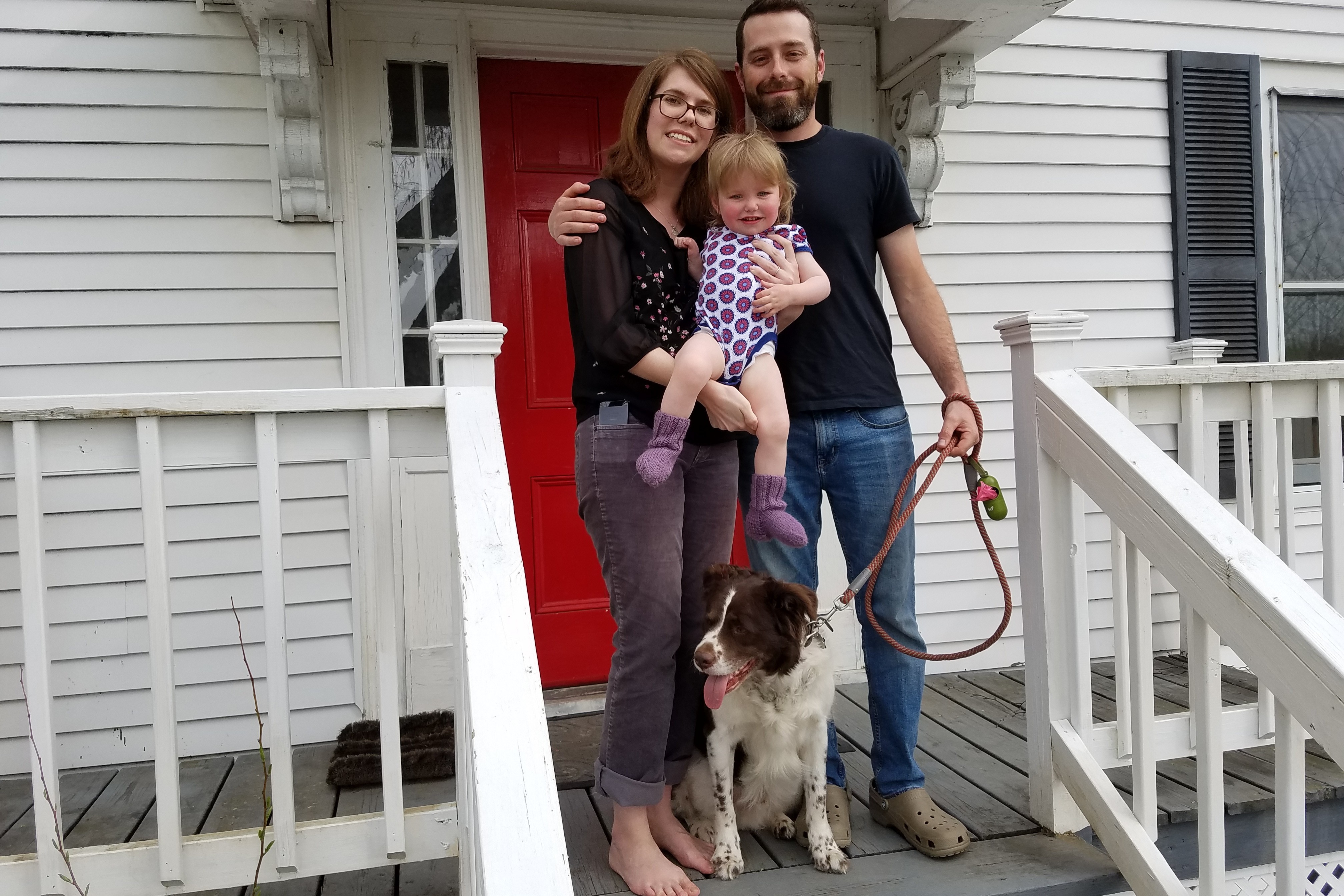The Financial Benefits of Home-Ownership

The American Dream
What’s more American than baseball, fireworks, and apple pie? Home-ownership of course! Well, maybe it’s not more American than apple pie, but you get the idea: owning a home is a cornerstone of the American dream. Who doesn’t want to carve out their own little corner of the world where they can spend time doing the things they love on their own terms?
But the benefits of owning a home go beyond having the space to entertain friends and practice your hobbies. Home-ownership is, for many, a key to building wealth and financial stability. Don’t believe us? Read on to learn about the ways that owning your own home can help you secure your financial future.
1. Automatic Savings Plan
When you pay your rent, 100% of the money goes to your landlord to cover their expenses for maintaining the property. But when you make your monthly mortgage payment to your lender, some of your payment goes toward paying down your principal, which builds equity in your home. When you sell your home, you will need to pay the bank any money you owe on the loan but the rest is yours, so the more principal you pay down, the more money you will receive when you sell. Over time you will build up lots of equity, and if you stay in the home forever, the only expenses you will have after paying off your mortgage are property taxes, insurance premiums, and maintenance costs. Compare this to renting: no matter how long your rent, you won’t be banking any of the money you pay out, and at the end of it, you don’t own the property.
2. Your Investment is Leveraged
Buying a home involves giving the bank a down-payment in order to borrow the balance of the price of the house; however, the appreciation of the home’s value over time is earned on the total value of the home, not just the funds you invested as a down-payment. So, if you buy a $200,000 home and put 20% down ($40,000), you will borrow the remaining $160,000. If the value of the home rises by 5% to $210,000 and you sell the home for that price, you will have earned 5% of the total value of the home, not just 5% of the investment you made with your $40,000 down payment. For clarification, here are the numbers comparing the investment of $40,000 to purchase a $200,000 home versus investing $40,000 elsewhere with a 5% rate of return:
3. Reliable Appreciation
Like all markets, the housing market fluctuates, meaning that the market value of homes goes up and down depending on market conditions such as supply and demand, interest rates, and inflation. However, relative to the other ways in which you can invest your dollars, home-ownership is a relatively reliable long-term investment with average annual appreciation rates of 3-5%. Compare this to your savings account, which probably yields about .5% - 1%. What’s more, investing this money in a home also allows you to live in the home, eliminating the need to pay rent; in other words, it’s a practical investment as opposed to putting your money in a financial investment like stocks or bonds, while also having to pay for a place to live.
Making it Happen
So, where do you start? Look no further -- we are happy to guide you on your path to home-ownership. Often it takes some work to prepare yourself for the prospect of becoming a home owner, but it is well worth the effort to secure your financial future. Reach out to us any time to learn about what you need to do in order to make this investment for yourself.
If you’re worried about coming up with the funds to make a down-payment on a home purchase, there is no need. We offer grants for income-eligible, qualified buyers through our down-payment assistance program, although participation in the program alters the amount of equity you can earn on your home. Learn more about this program and how it works by attending one of our free Down-Payment Assistance Informational Meetings.


